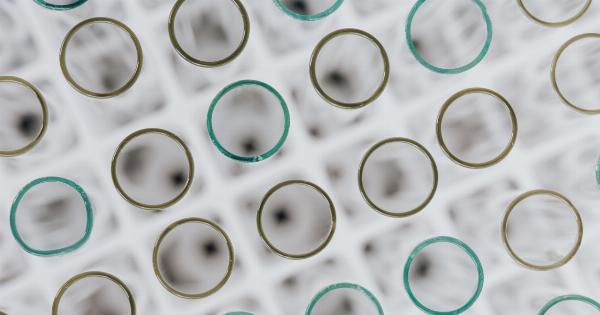Menopause is a natural biological process that marks the end of a woman’s reproductive years. Menopause usually occurs between the ages of 45 and 55 and is defined as the absence of menstruation for twelve months or more.
Menopause is marked by various symptoms, including hot flashes, night sweats, mood swings, and vaginal dryness, among others.
In this article, we will discuss whether age affects menopause symptoms severity based on some research studies.
Age and Menopause Symptoms Severity
One study published in the Journal of Women’s Health examined whether age at menopause onset was associated with symptom severity.
The researchers analyzed data from 1315 women between the ages of 45 and 84 who were enrolled in the Study of Women’s Health Across the Nation (SWAN).
The results of the study showed that women who reached menopause at an earlier age (before age 45) reported more severe vasomotor symptoms such as hot flashes and night sweats than women who experienced menopause at an older age.
However, the severity of other symptoms like vaginal dryness and mood swings did not differ significantly between the two groups.
Another study published in the Journal of Clinical Endocrinology and Metabolism examined the relationship between age at menopause and cognitive function. The study included 150 postmenopausal women aged between 47 and 60 years.
The results of the study showed that women who experienced menopause at a later age (after age 45) had better cognitive function than women who experienced menopause at an earlier age.
The study also found that women who had a higher level of education and engaged in physical exercise had better cognitive function regardless of age at menopause onset.
Other Factors that Affect Menopause Symptoms Severity
Aside from age at menopause onset, other factors can also affect menopause symptom severity. These factors include:.
Smoking
Smoking is associated with greater symptom severity, especially hot flashes. Studies have shown that smoking can cause earlier menopause onset and more severe symptoms during the menopause transition.
Body Mass Index (BMI)
Women with a higher BMI tend to have more severe symptoms like hot flashes, night sweats, and mood swings. High BMI is also associated with a higher risk of chronic diseases like diabetes and heart disease.
Lifestyle Factors
Lifestyle factors like physical activity, diet, and stress level can also impact menopause symptom severity.
Studies have shown that women who exercise regularly and eat a healthy diet tend to have milder symptoms than those who lead sedentary lifestyles and have poor eating habits.
Medical History
Some medical conditions like thyroid disorders, autoimmune diseases, and cancer treatments can also affect menopause symptom severity.
Women who had surgery to remove their ovaries or had cancer treatments that affect ovarian function may experience more severe symptoms due to sudden hormonal fluctuations.
Conclusion
Age at menopause onset can affect the severity of some menopause symptoms, especially vasomotor symptoms like hot flashes and night sweats.
However, other factors like smoking, BMI, lifestyle, and medical history can also play a role in symptom severity. Women should be aware of these factors and make lifestyle changes and seek medical care when necessary to manage their menopause symptoms effectively.




























